Lesson Series
How can being online not be safe?
Write your awesome label here.
This resource will cover the following topics:
The outcomes of this story are:
Teacher CPD that will support your delivery
Explore our recommended CPD to enhance your lesson delivery.


